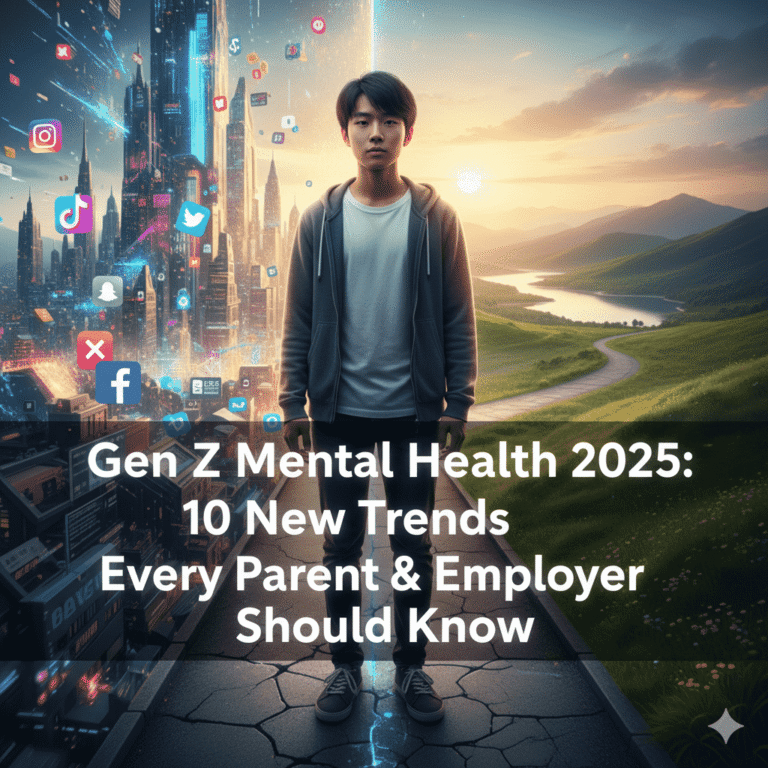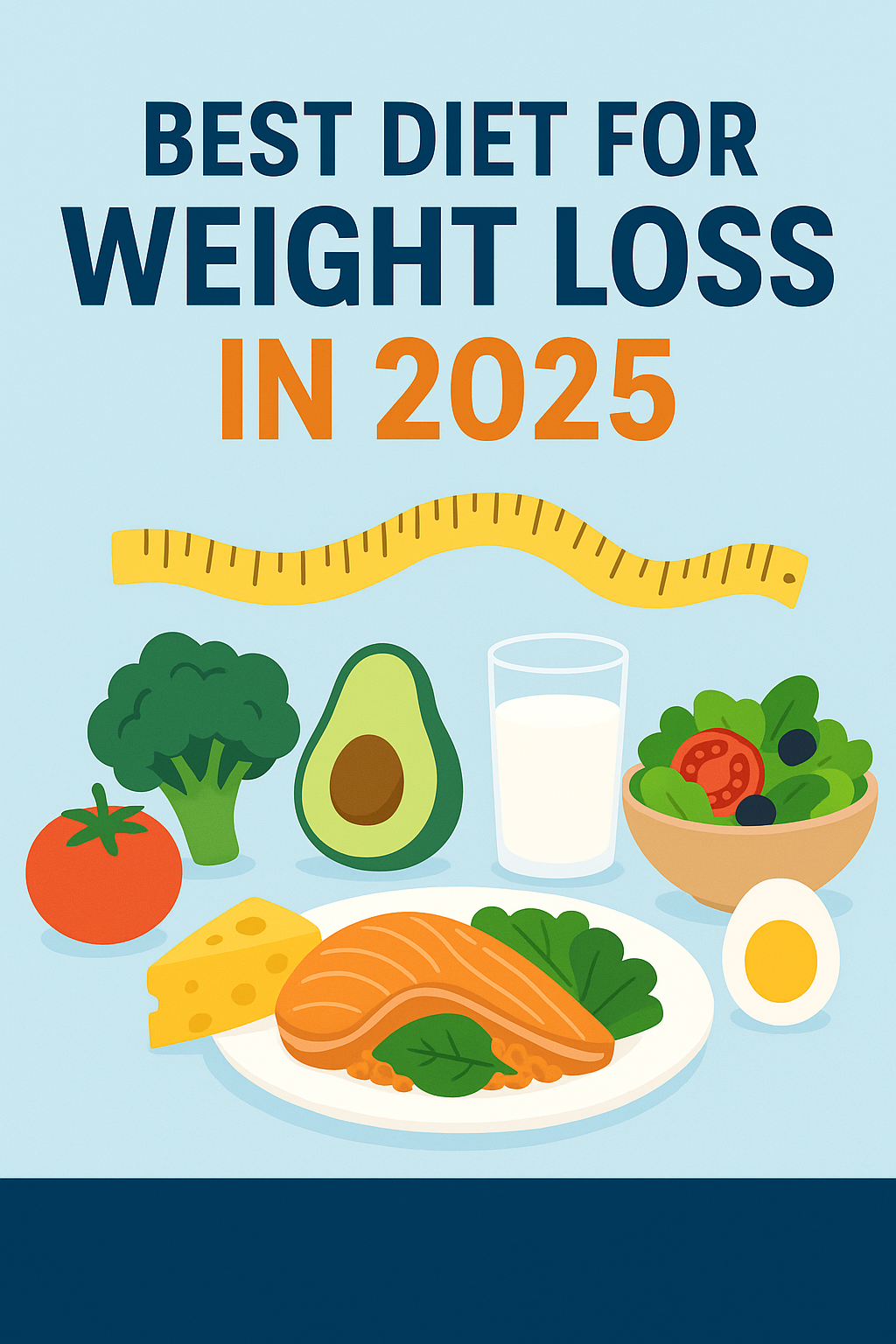
Weight loss is one of the most searched health goals in the USA, UK, and Canada. In 2025, people are moving away from crash diets and instead focusing on sustainable, science-backed nutrition plans. Choosing the right diet can not only help you lose weight but also improve energy levels, prevent chronic diseases, and boost mental well-being.
In this blog, we’ll explore the best diets for weight loss in 2025, compare their pros and cons, and share expert tips so you can select the plan that fits your lifestyle.
Why Choosing the Right Diet Matters
Not all diets are suitable for everyone. Factors such as age, gender, activity level, and medical conditions influence results. A wrong choice may cause nutrient deficiencies or even weight gain in the long run. That’s why experts suggest focusing on balanced, long-term nutrition strategies rather than temporary fads.
Top Diets for Weight Loss in 2025
1. Mediterranean Diet
The Mediterranean diet remains the #1 recommended diet in the USA and UK for weight loss and heart health.
- Foods Included: Olive oil, fish, whole grains, fruits, vegetables, nuts, legumes.
- Why It Works: High in healthy fats and fiber, which keep you full and reduce overeating.
- Pros: Heart-healthy, sustainable, reduces inflammation.
- Cons: May be expensive (extra virgin olive oil, fish, nuts).
2. Low-Carb/Keto Diet
Still popular in 2025, the low-carb approach focuses on reducing carbs and increasing fats and proteins.
- Foods Included: Meat, eggs, cheese, leafy greens, healthy fats.
- Why It Works: Reduces insulin spikes, burns fat faster.
- Pros: Fast initial weight loss, reduces cravings.
- Cons: Difficult to maintain, risk of nutrient deficiency.
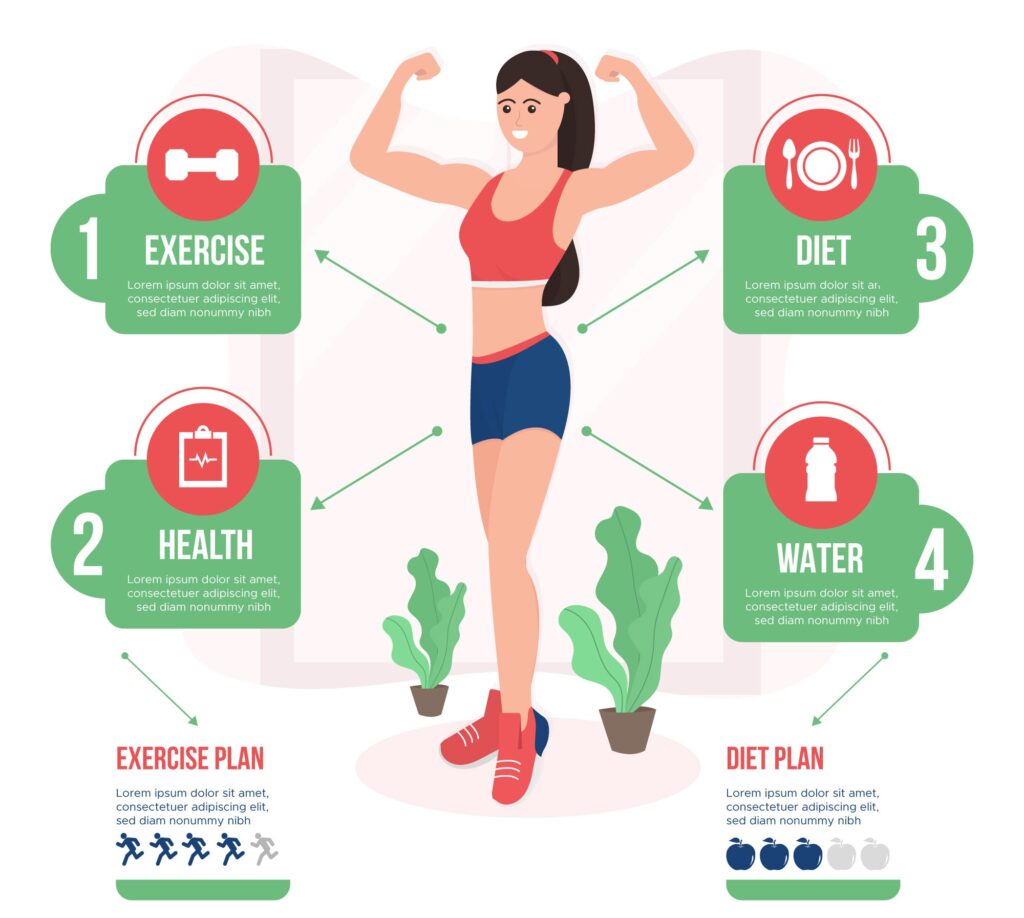
3. Intermittent Fasting (IF)
A flexible eating pattern rather than a strict diet. Popular in the USA for its simplicity.
- Method: 16:8 fasting, 5:2 diet, or alternate-day fasting.
- Why It Works: Restricts calorie intake and improves metabolism.
- Pros: Easy to follow, improves blood sugar control.
- Cons: Not suitable for people with diabetes or eating disorders.
4. DASH Diet
Originally designed to reduce hypertension, now also used for weight loss.
- Foods Included: Fruits, veggies, whole grains, lean proteins, low-fat dairy.
- Why It Works: Low sodium, high nutrient density.
- Pros: Great for heart health, balanced nutrition.
- Cons: Weight loss may be slower compared to keto.
5. Plant-Based Diet
Plant-based eating is booming in Canada and the UK.
- Foods Included: Vegetables, legumes, whole grains, nuts, seeds.
- Why It Works: High fiber, low calorie, nutrient-rich.
- Pros: Sustainable, eco-friendly, supports gut health.
- Cons: Risk of protein deficiency if not planned well.
6. Paleo Diet
Focuses on foods eaten by early humans.
- Foods Included: Meat, fish, nuts, fruits, vegetables (no dairy or grains).
- Why It Works: Eliminates processed foods, emphasizes whole nutrition.
- Pros: High protein, fewer cravings.
- Cons: Restrictive, hard to follow long-term.
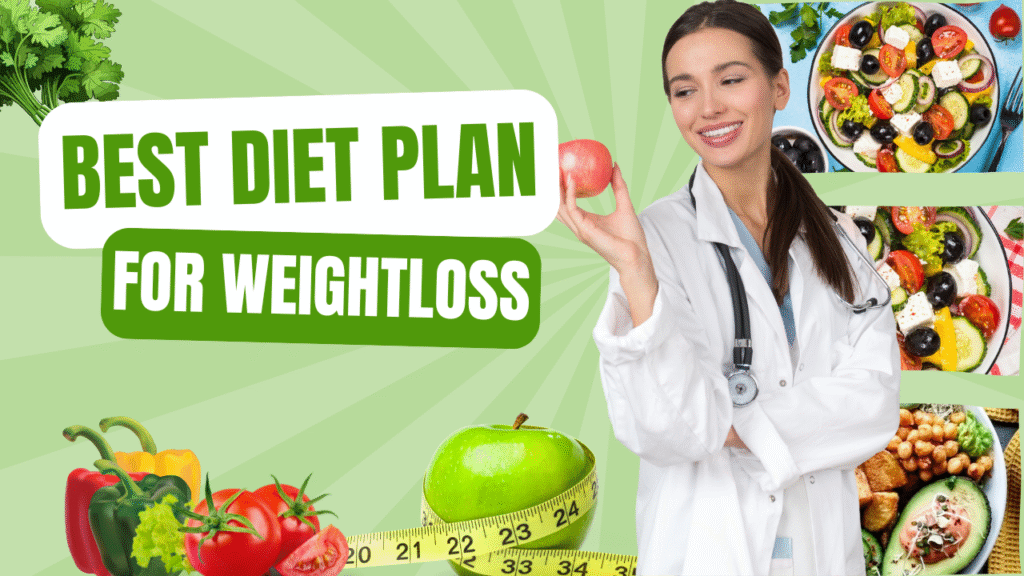
7. Flexitarian Diet
A semi-vegetarian diet popular in the UK.
- Foods Included: Mostly plants, occasional meat/fish.
- Why It Works: Balanced approach, flexible eating.
- Pros: Easy to adapt, sustainable.
- Cons: Weight loss results may be slower.
8. High-Protein Diet
Protein-rich diets are trending in gyms across the USA.
- Foods Included: Eggs, chicken, fish, tofu, beans, whey protein.
- Why It Works: Protein increases satiety and preserves muscle mass.
- Pros: Effective for fat loss and muscle gain.
- Cons: May strain kidneys if overdone.
Pros & Cons Table (Quick Comparison)
| Diet | Pros | Cons |
|---|---|---|
| Mediterranean | Heart-healthy, sustainable | Expensive ingredients |
| Keto/Low-Carb | Fast weight loss | Hard to maintain |
| Intermittent Fasting | Simple, improves metabolism | Not for everyone |
| DASH | Balanced, lowers BP | Slow results |
| Plant-Based | Eco-friendly, high fiber | Risk of protein deficiency |
| Paleo | No processed foods | Restrictive |
| Flexitarian | Flexible, long-term | Slow weight loss |
| High-Protein | Builds muscle, fat loss | Kidney strain risk |
Expert Tips for Following a Weight Loss Diet
- Set realistic goals (1–2 pounds per week is healthy).
- Combine diet with 30 minutes of daily exercise
- Drink 2–3 liters of water daily.
- Focus on whole foods, not packaged “diet foods.”
- Track progress using apps like MyFitnessPal or Cronometer.
- Consult a nutritionist/doctor before starting restrictive diets.
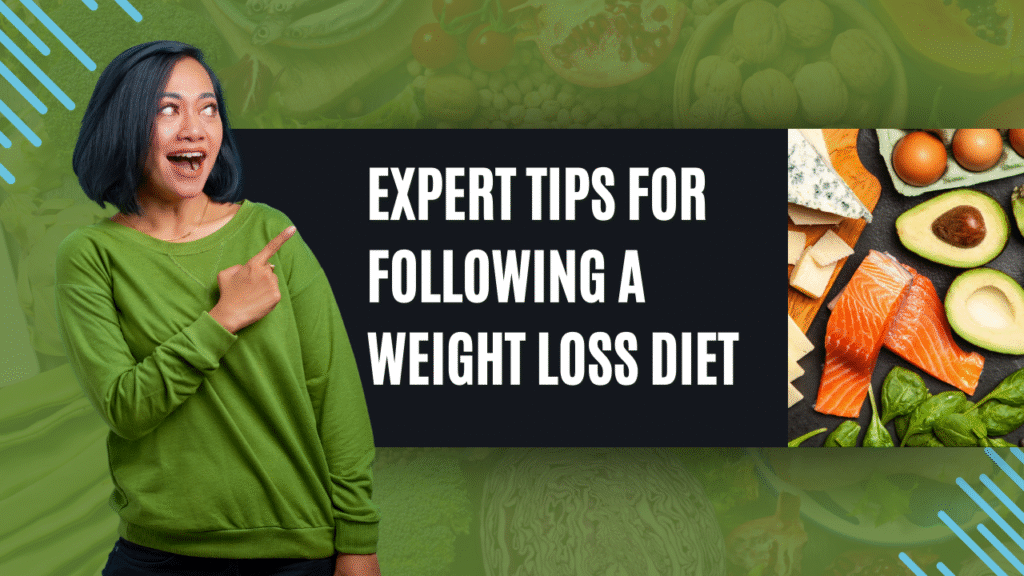
Common Mistakes to Avoid
- Skipping meals completely.
- Overeating “healthy” foods like nuts or smoothies.
- Relying only on supplements.
- Choosing a diet just because it’s trendy.
- Not sleeping enough (sleep affects weight loss).
Conclusion
Weight loss in 2025 is about sustainable, personalized choices rather than extreme fads. The Mediterranean, Intermittent Fasting, and Plant-Based diets are among the most effective for the USA, UK, and Canada. However, the best diet is the one you can follow consistently while meeting your body’s nutritional needs.
Is intermittent fasting safe long-term?
Yes, but it should be adapted to individual needs and under medical guidance.
Which diet is easiest for beginners?
The Flexitarian or DASH diet, since they are balanced and flexible.
Can I lose weight without exercise?
Yes, but combining diet + exercise leads to faster and healthier results.
Which diet works best in the USA, UK, and Canada?
Mediterranean, Intermittent Fasting, and High-Protein diets are trending and effective.




